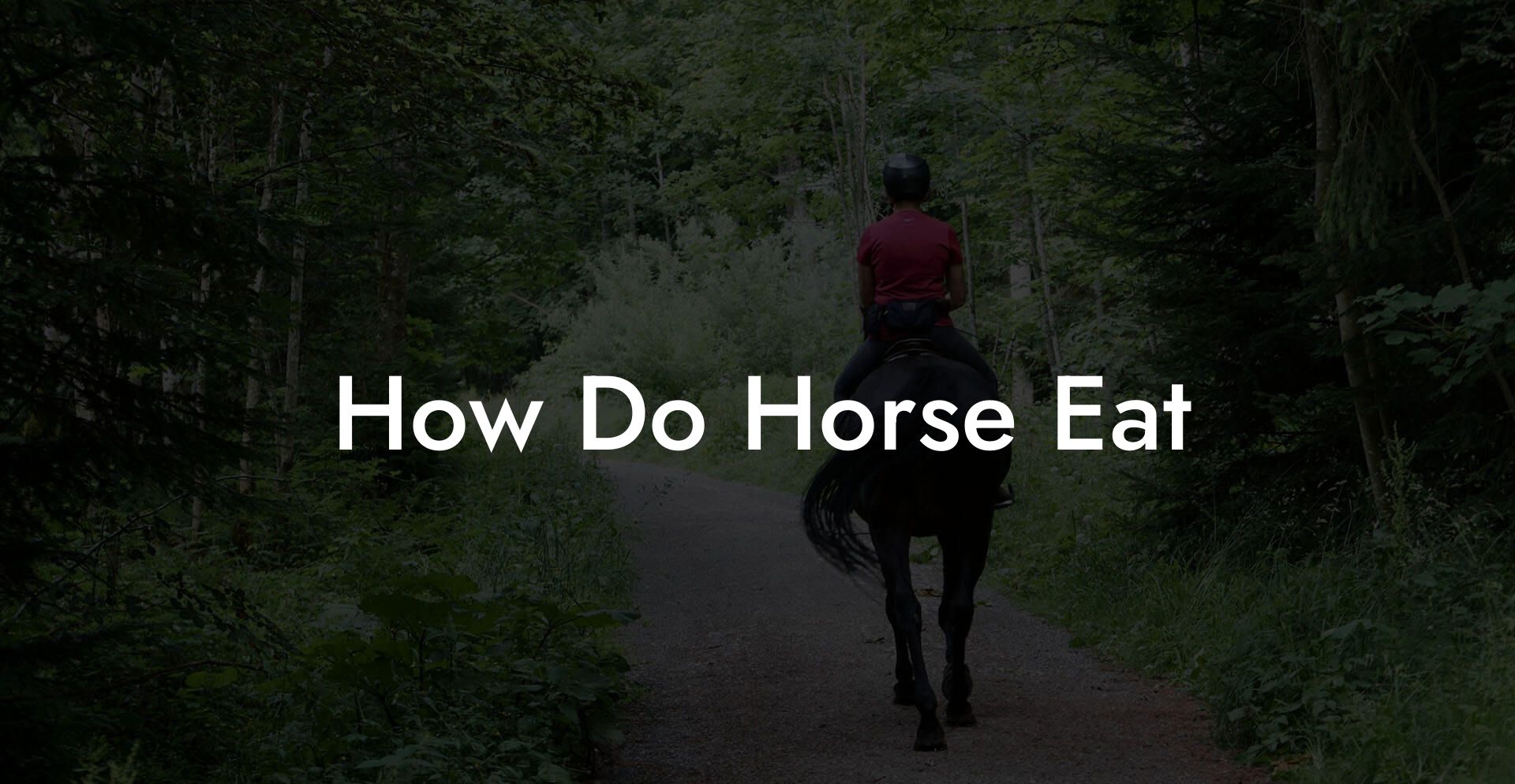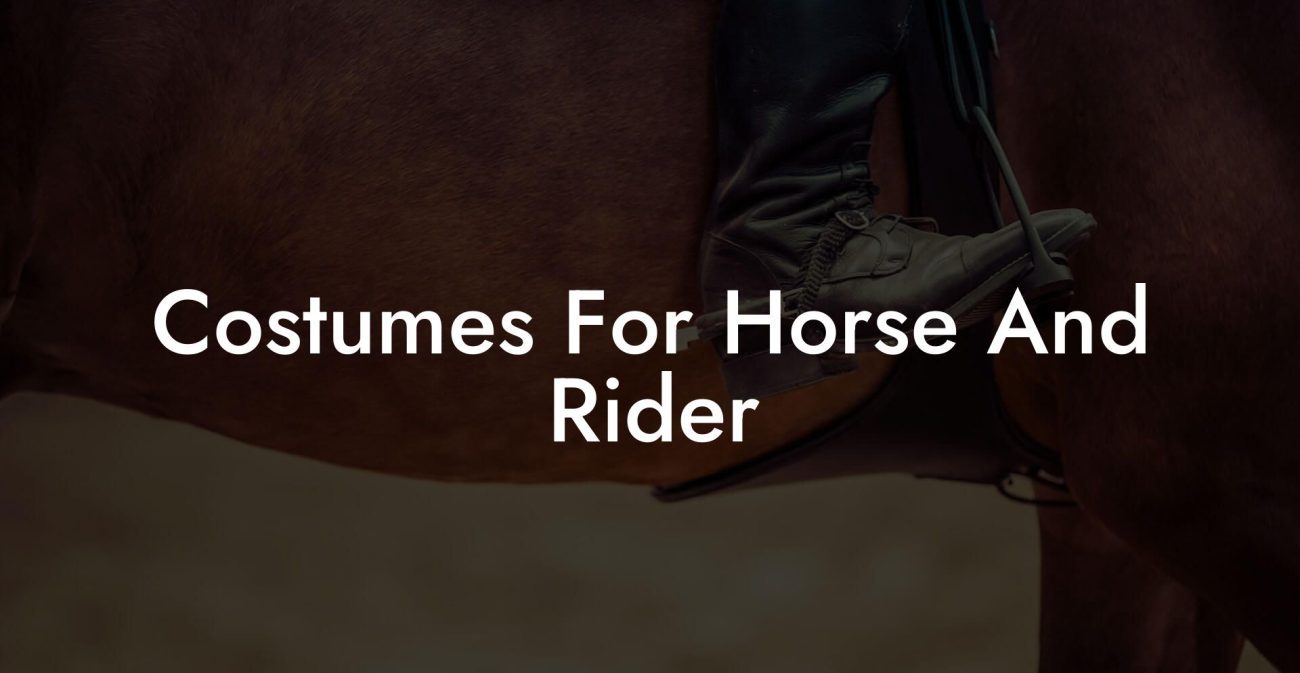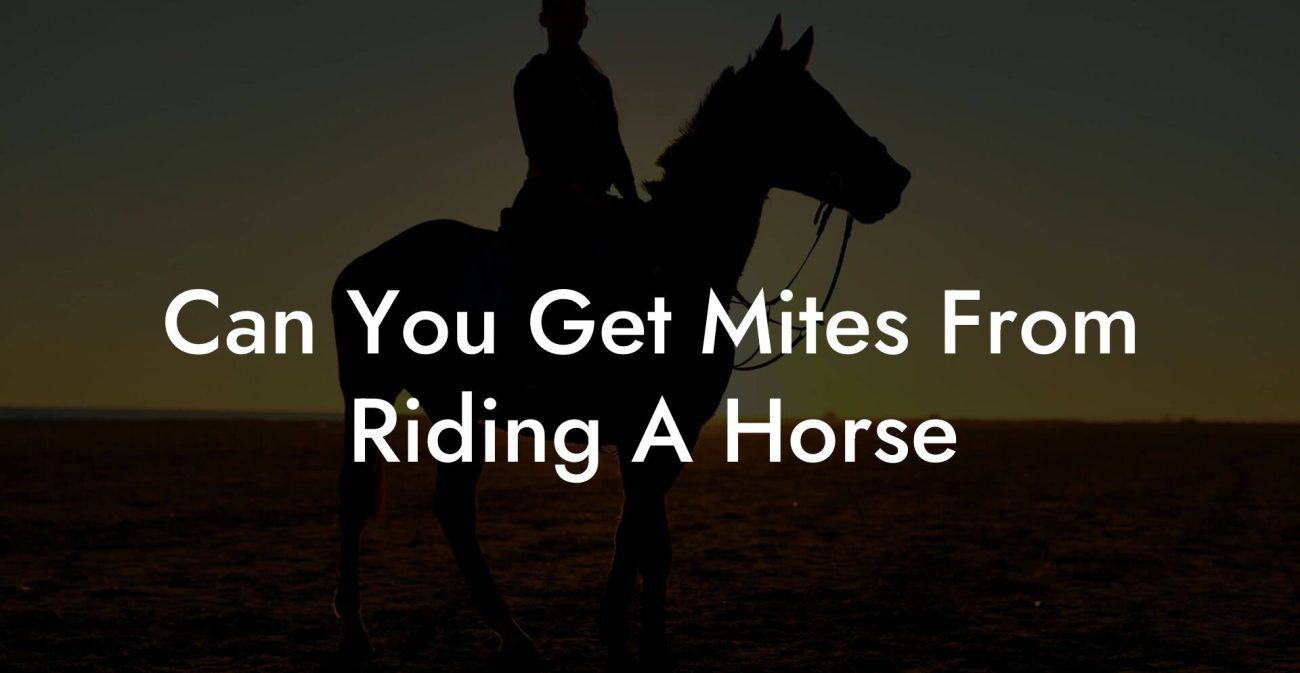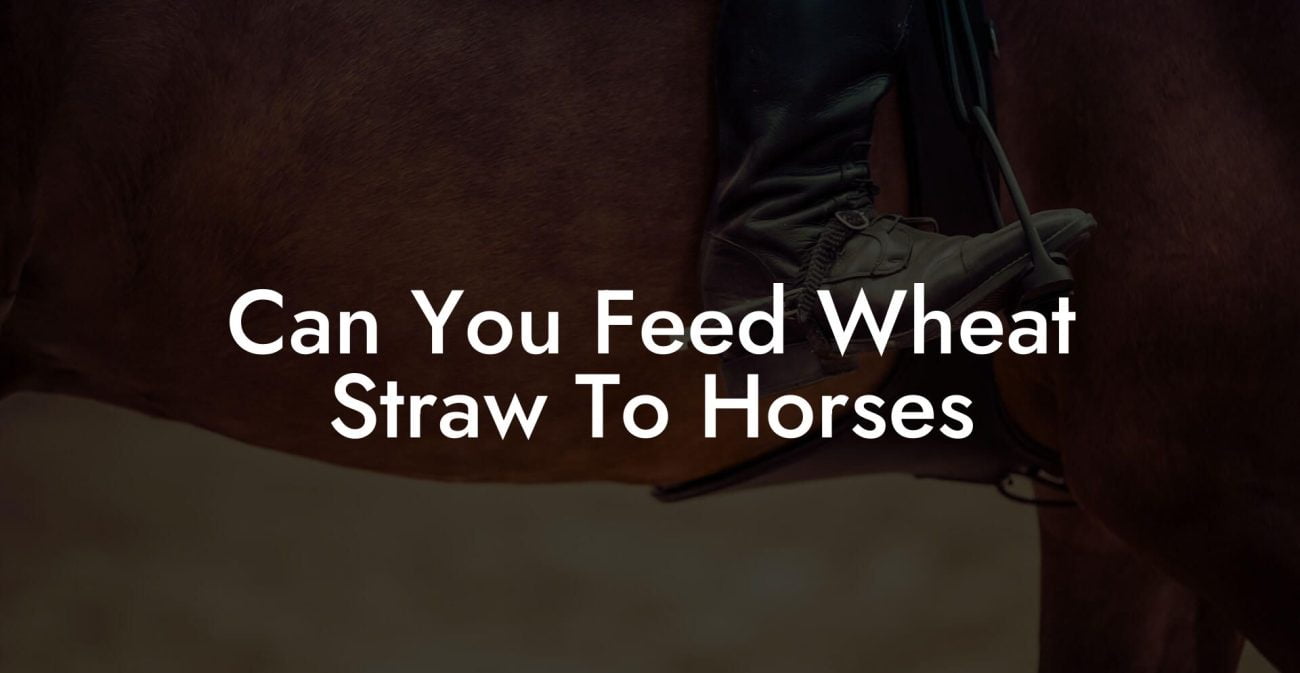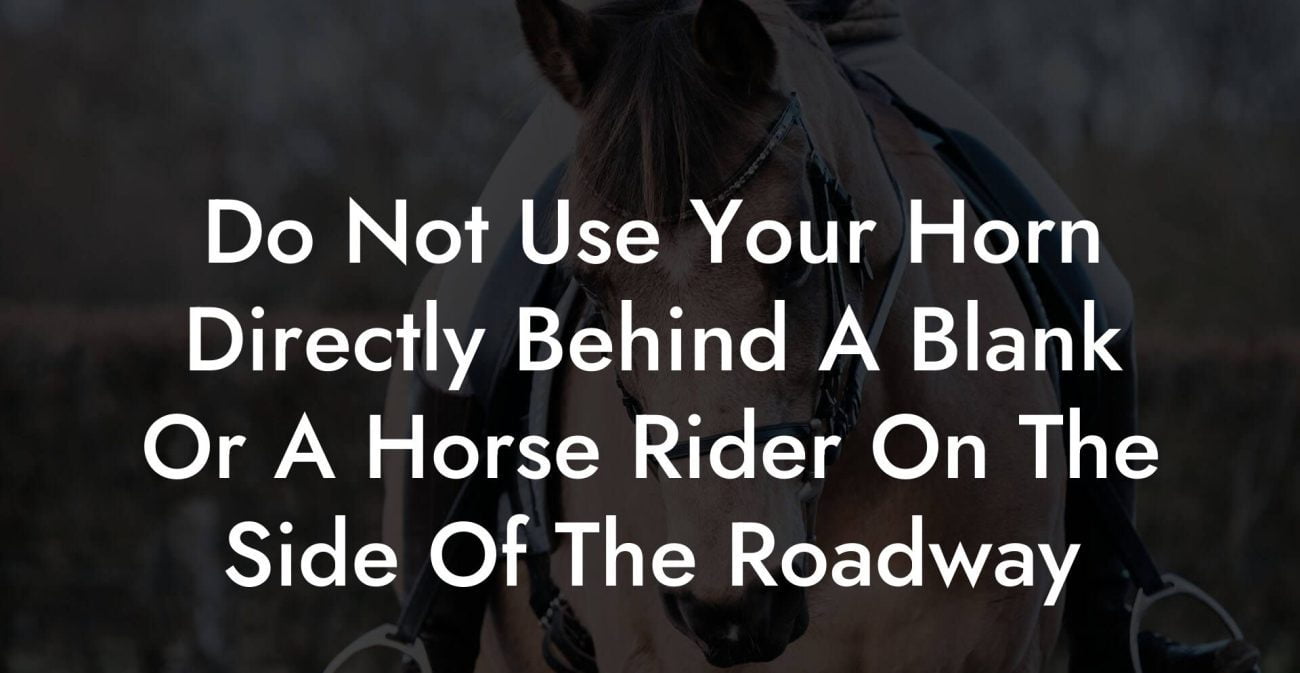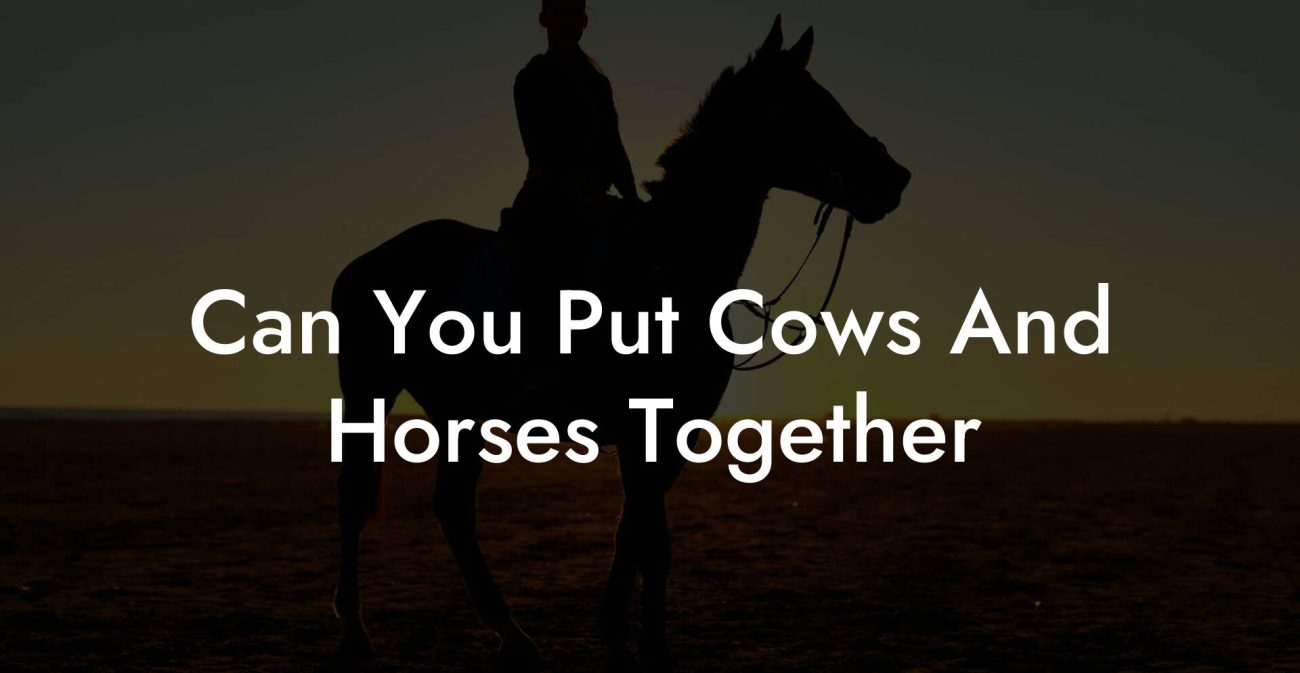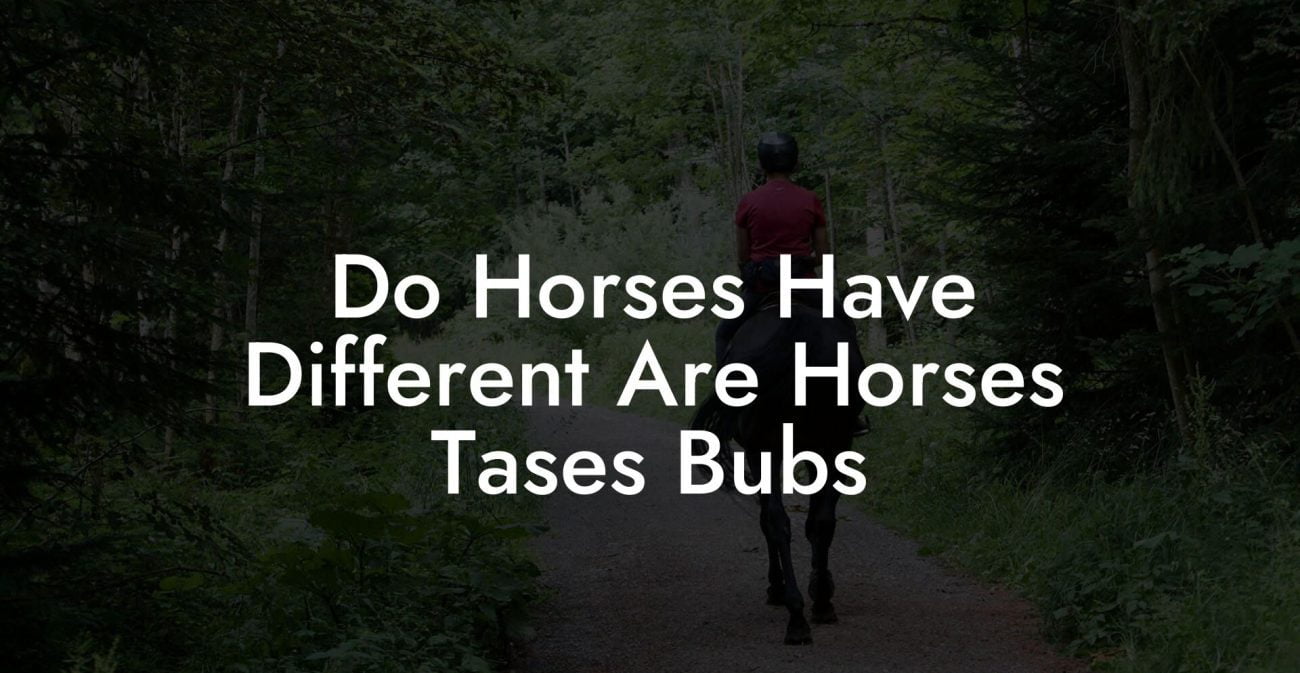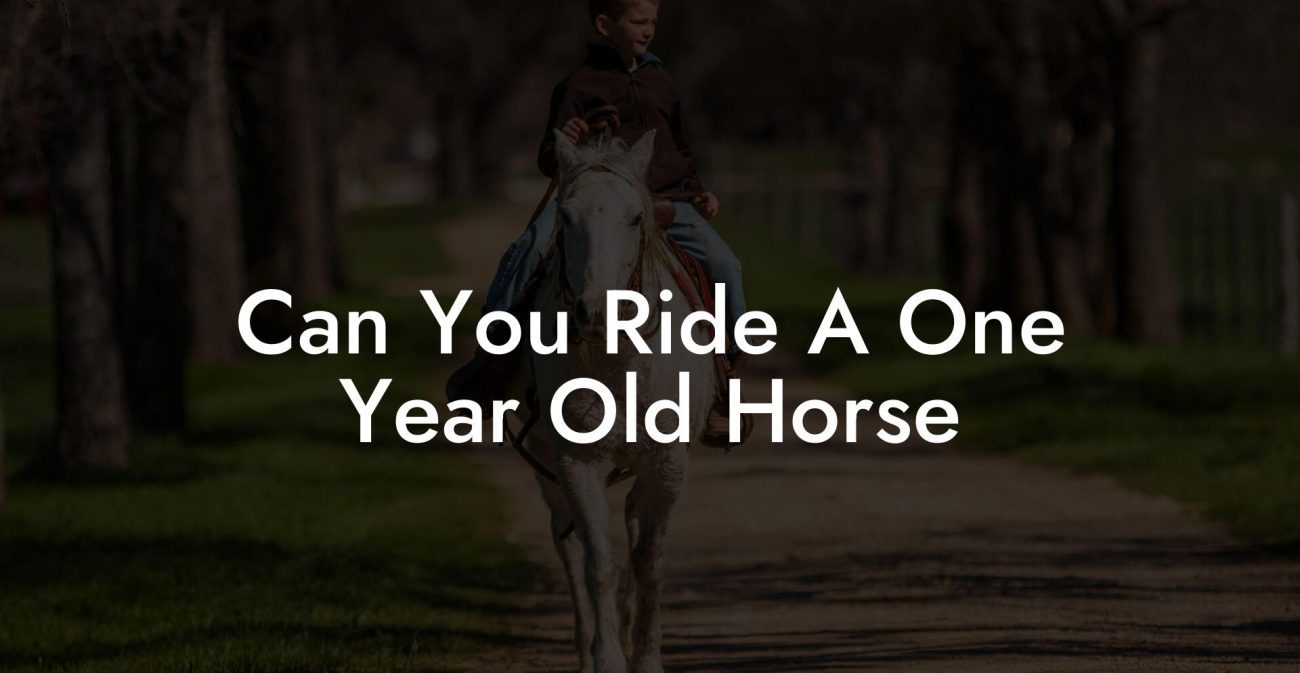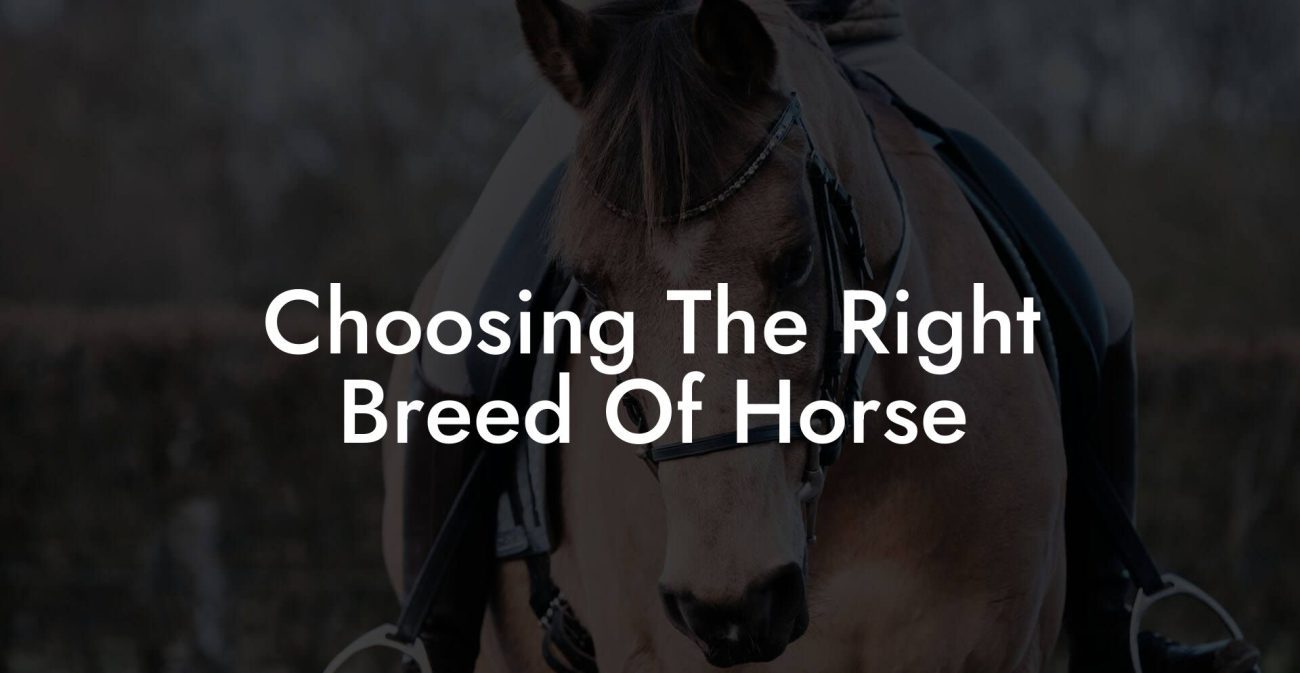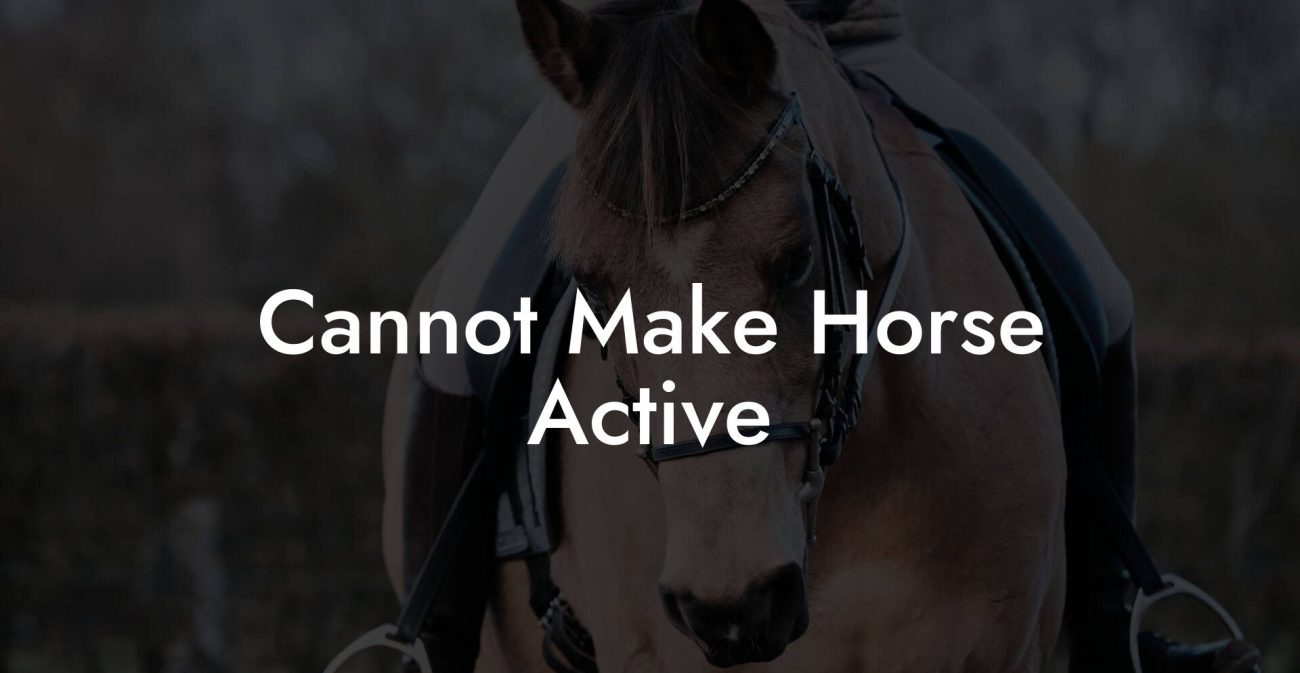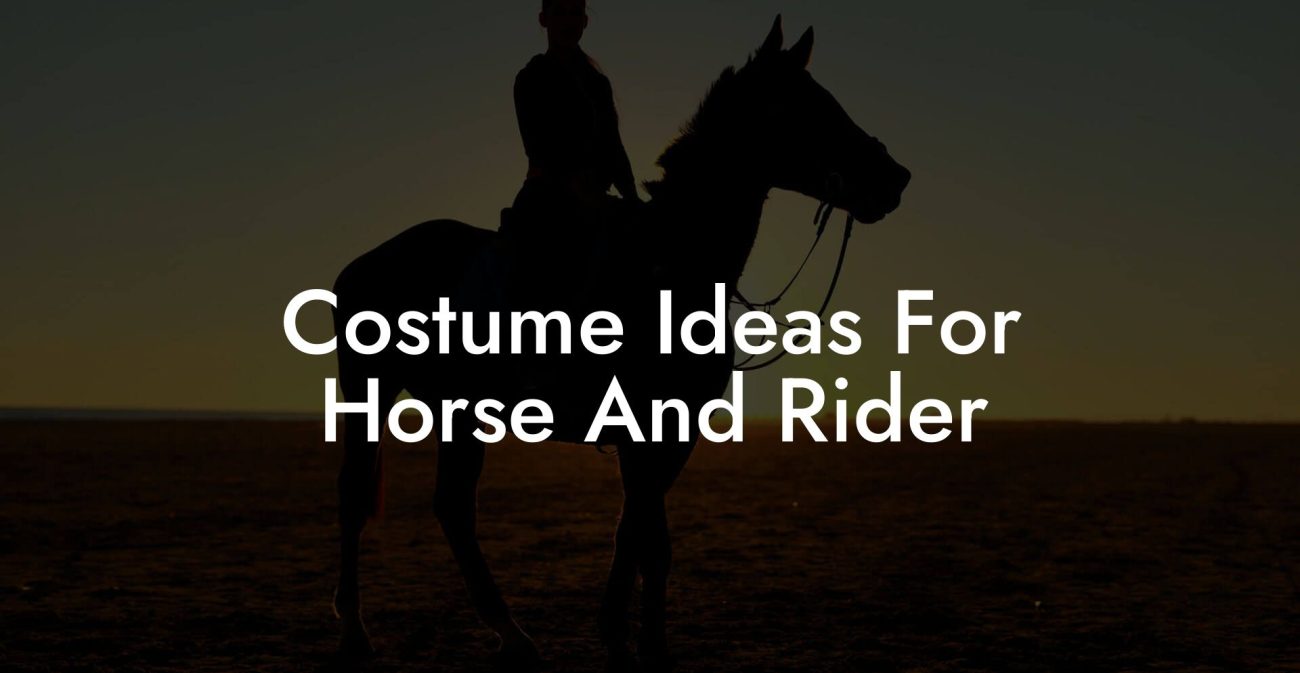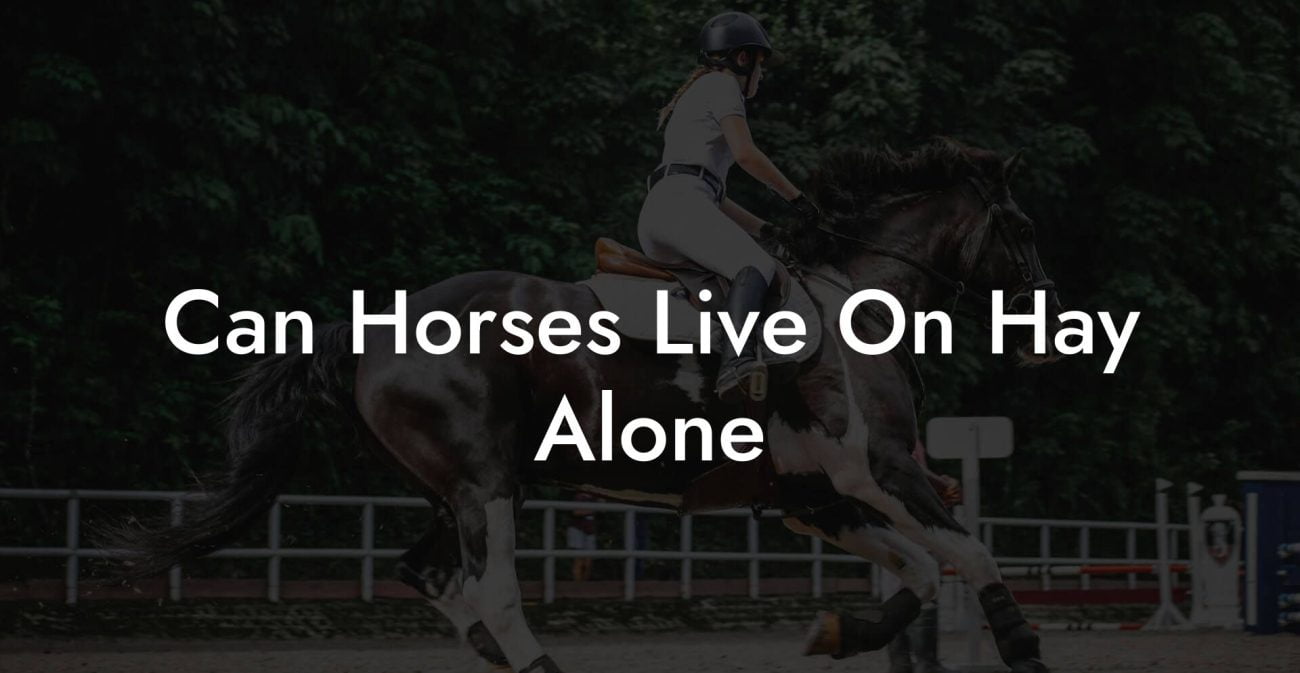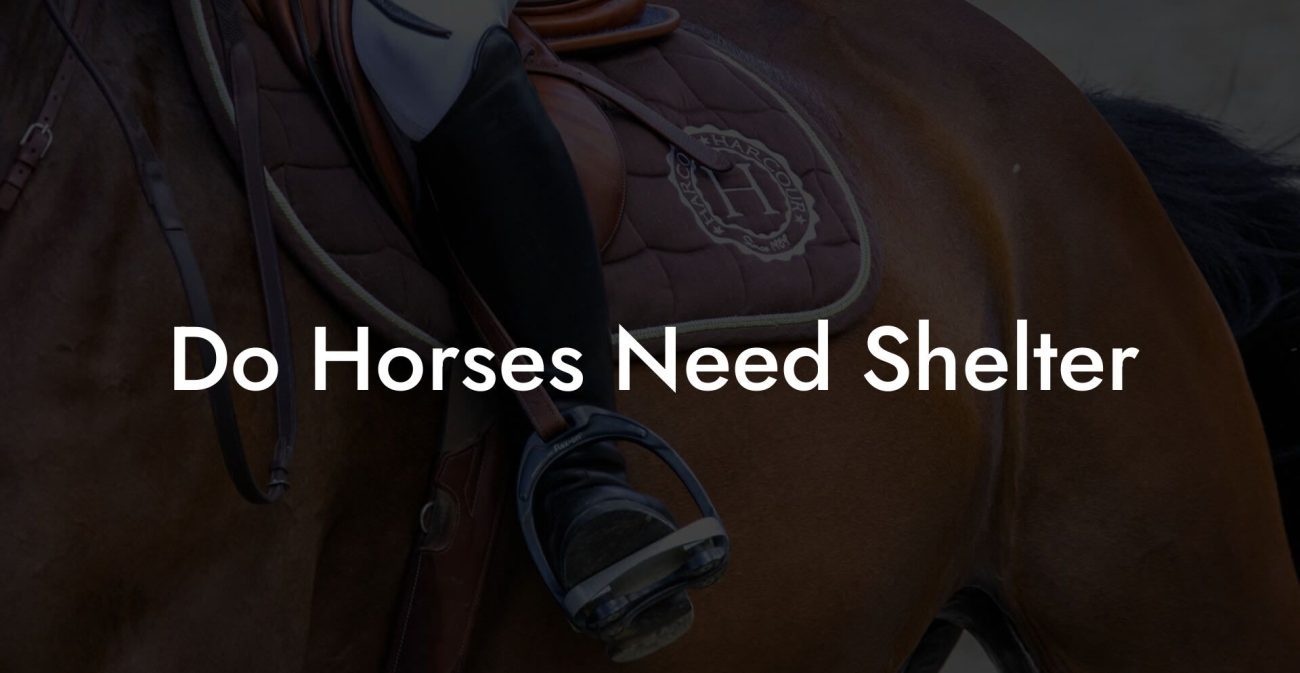Ever wondered how horses manage to chow down all day without using a fork or even a napkin? Dive into the world of equine eating habits, a blend of nature’s design, instinctive behavior, and a touch of modern feeding science, that makes these majestic creatures the ultimate grazing gurus. From their jaw-dropping dental adaptations to their natural grazing routines under the open sky, this guide will take you on an epic ride through the ins and outs of how horses eat, serving up a hearty mix of science, humor, and everyday tips for every equine enthusiast.
Quick Links to Useful Sections
- Understanding the Equine Feeding Phenomenon
- The Natural Diet: Grass, Forbs, and More
- Anatomy of a Nibble: How Horses Eat
- Digestive Delight: The Horse’s Journey Through the Gut
- The Social Side of Eating: Herd Dynamics and Feeding Behaviors
- Domestic Feeding Practices: Mimicking Mother Nature
- Nutritional Strategies for Different Life Stages and Breeds
- How to Feed Your Horse: Practical Tips for Everyday Care
- Innovative Feeding Technologies and Tools
- Special Considerations: Health Issues, Allergies, and Digestive Disorders
- Marketing Your Horse Nutrition: Resources and Community Support: Your Next Steps
- Case Studies: Real-Life Transformations in Equine Feeding
- FAQ: Your Burning Questions on How Horses Eat
- Your Journey to Mastering Equine Feeding
Understanding the Equine Feeding Phenomenon
Horses are built to graze. Unlike many other animals that might rely on large, infrequent meals, horses nibble continuously, up to 16 hours a day! This near-constant snacking is not just a quirky trait; it’s a survival strategy honed over millions of years of evolution. With their long, mobile lips and specialized teeth, horses are perfectly designed to clip tender shoots and grass with minimal waste.
At the heart of this feeding phenomenon is the equine digestive system, a marvel of natural engineering. Horses have a single-chambered stomach that processes food quickly, which means they need a steady supply of low-calorie, fiber-rich forage to keep that digestive engine running smoothly. This constant grazing ensures a balanced absorption of nutrients and prevents issues like colic, a painful condition that can stop a horse’s digestive tract in its tracks.
From wild mustangs roaming the plains to our well-loved domestic horses, understanding the equine feeding mechanism is crucial. Whether you’re a first-time horse owner or a seasoned rider, knowing how your equine friend eats can lead to healthier, happier horses and can guide you in crafting the perfect feeding schedule.
The Natural Diet: Grass, Forbs, and More
In the wild, horses primarily feast on grasses. These nutrient-dense, fibrous plants provide the ideal fuel for long hours of grazing. Not only is grass abundant, but it also offers natural hydration, a crucial benefit for animals that thrive in open ranges and prairies. The journey from wild herbivores to our domesticated companions didn’t change this fundamental diet. Even in stables, the foundation of any good diet remains high-quality hay or pasture.
But it’s not all about grass. Horses are known to supplement their primary diet with forbs, wild, herbaceous plants that add variety and essential nutrients. These forbs, alongside wildflowers and occasionally even twigs, serve as nature’s multivitamin, ensuring that horses receive a balanced array of minerals and vitamins.
When we pivot to modern feeding, many owners incorporate grains and specially formulated feeds. However, it’s important to remember that horses are essentially built to process large quantities of fibrous forage. A balanced diet typically emphasizes grass/hay over grain-based feeds, which should only be used to supplement the diet or provide additional energy during strenuous periods like training or during colder weather.
Anatomy of a Nibble: How Horses Eat
A horse’s mouth is a masterpiece of natural engineering. Their flexible, quite literally “lippy” mouths enable them to maneuver through dense vegetation and selectively pick the best bits to eat. Unlike humans, who chew in a circular motion, horses chew in a grinding action, which is perfect for breaking down the fibrous plant material.
Their incisors, positioned at the front, play a key role in grabbing and cutting grass. Meanwhile, the molars in their back perform the heavy-duty grinding. This coordinated dance of lips and teeth ensures that the food is properly processed even before it enters the stomach, setting the stage for efficient digestion.
Additionally, horses have an innate ability to sense when the forage is pitifully low on nutrients or water. Their sensory organs allow them to select only the most succulent blades of grass, ensuring they receive a consistent supply of moisture and flavor. This precision is something modern horse-feeders can learn from, especially when crafting a diet that mimics nature’s bounty.
Digestive Delight: The Horse’s Journey Through the Gut
Once the horse’s mouth has done its part, the journey continues into the stomach, an organ that, while relatively small compared to those of ruminants, is intensely efficient. Because horses are designed for continuous grazing, their digestive systems are always working in the background, breaking down the fibrous components of their meals.
The passage of food from the stomach to the hindgut is rapid, making horses one of the few mammals with a truly unique hindgut fermentation process. In the large intestine and cecum, bacteria take over the task of fermenting cellulose, releasing essential nutrients and vitamins in the process. This symbiotic relationship is vital; if the bacterial balance is thrown off by sudden dietary changes, the horse can suffer from digestive disturbances like colic or laminitis.
Proper hydration is also key in this digestive ballet. Horses naturally drink frequently, and water plays an indispensable role in moving food along the gastrointestinal tract and facilitating the fermentation process. Watching a horse take quick, precise gulps of water may seem almost zen-like, and it highlights the refined coordination between behavioral instincts and biological needs.
The Social Side of Eating: Herd Dynamics and Feeding Behaviors
While horses might seem like solitary grazers in photos, watching them in action reveals a fascinating social element to their eating habits. In herd settings, there is a clear social hierarchy at the feeding area. Dominant horses have the first crack at the freshest patches of grass, while the more timid or younger members wait patiently for their turn.
This social structure isn’t just about status, it helps in resource allocation and minimizes conflict. As herd members navigate around each other, they develop a symbiotic relationship where the presence of others helps to manage scrambling behavior and ensures that the foraging area is used efficiently.
Even within captivity, where food is provided, these dynamics can manifest. Understanding these behaviors is essential for horse owners, as feeding in a group setting might require additional strategies to ensure that every horse gets its fair share without inducing stress or aggressive behavior.
Domestic Feeding Practices: Mimicking Mother Nature
In today’s modern world, horses are often kept in stables or pastures far removed from the wild expanses they once roamed. As a result, feeding practices have evolved to balance natural instincts with practical considerations. One of the biggest challenges for modern equine caretakers is to replicate the continuous grazing behavior of wild horses.
One effective strategy is to provide multiple small meals throughout the day, rather than one or two large feedings. This approach helps maintain steady digestive health and minimizes the risk of colic, a common digestive issue in horses. Automated feeders and slow feeders can be particularly useful here, as they release measured amounts of feed at regular intervals, mimicking the endless buffet that wild horses experience.
Additionally, providing a mix of high-quality hay, pasture access, and occasionally grains ensures that the nutritional profile is both balanced and varied. The key is to avoid sudden changes in diet, as horses’ digestive systems are finely tuned to operate on consistency. For example, when transitioning from pasture to stabling, gradually introduce hay over a period of days to allow the digestive system to adapt.
It’s also critical to maintain clean, fresh water at all times. With hydration so closely linked to digestive efficiency, ensuring that horses never run dry is a fundamental aspect of domesticated feeding routines.
Nutritional Strategies for Different Life Stages and Breeds
Just as humans require different nutritional plans at various stages of life, horses too have unique dietary needs. Foals, for instance, require nutrient-dense feed to support rapid growth, while senior horses might need a diet that’s easier to digest and lower in calories to prevent obesity and joint issues.
For young horses, the focus is on providing high-quality milk substitutes initially and then transitioning to soft, digestible forage that supports quick development. This diet is typically enriched with vitamins and minerals that are essential for bone growth and overall vitality.
Adult horses, on the other hand, benefit from a stable diet that emphasizes high-quality hay or pasture, supplemented with concentrates as needed depending on the level of activity. Performance horses, which have heightened energy needs, might require additional grain to fuel their workouts. However, even in these cases, fiber remains a cornerstone of their diet.
Senior horses often face challenges like dental wear and reduced digestive efficiency. For these majestic aging athletes, softer, more processed feeds may be necessary to ensure they get all of their essential nutrients without straining their chewing capabilities. Additionally, supplements like omega-3 fatty acids, joint support formulas, and probiotics can offer benefits, ensuring that the twilight years are as vigorous and comfortable as possible.
Breed-specific variations also exist. For example, larger breeds like draft horses have slower metabolisms and require a diet that is energy-dense, yet gentle on their digestive tracts, while lighter, more agile breeds may need a higher energy intake proportional to their workload. Tailor-made nutritional strategies that consider these factors can boost performance, prevent disease, and enhance quality of life.
How to Feed Your Horse: Practical Tips for Everyday Care
Whether you’re a new horse owner or an old hand, practical feeding tips are essential to keep your equine companion in top shape. First on the list is consistency: horses thrive on routine. Establish a feeding schedule that aligns with their natural grazing habits. Try to mimic the continuous feed pattern by providing smaller, frequent meals rather than a couple of large ones.
Next, invest in high-quality forage. Always ensure that the hay is free from dust, mold, or any foreign material. Not only does fresh forage keep your horse’s digestive system running smoothly, but it also supports dental health by naturally wearing down their teeth.
Avoid overfeeding grain-based concentrates unless absolutely necessary. Remember, horses are designed to be grazers, and as such, too much grain can lead to digestive disturbances such as colic or laminitis. When grains are needed to meet energy demands (say, during heavy training sessions), introduce them gradually and consider mixing them with forage to slow down the digestive process.
Another tip: always provide ample, fresh water. Hydration is not only key for digestion but also critical for overall metabolism and nutrient absorption. In colder climates, you might need to monitor water sources to ensure they don't freeze, a healthy horse never skips its hydration ritual.
And finally, monitor weight and condition regularly. A simple body condition scoring system can help gauge whether a horse is underfed or overweight. Adjust your feeding strategies accordingly, consulting with an equine nutritionist if necessary. Every horse is unique, so fine-tuning their diet is as much an art as it is a science!
Innovative Feeding Technologies and Tools
In today’s digital age, even the world of horse feeding is getting a modern makeover. With innovative tools and technologies, equine nutrition is increasingly data-driven, allowing owners to monitor and optimize every aspect of their horse’s diet.
Smart feeders and water dispensers, equipped with sensors and connectivity, can track the amount of feed consumed and the frequency of drinking. These devices not only alert you to any abrupt changes in behavior, which could signal health issues, but they also help in adjusting feeding routines based on seasonal or activity-based requirements.
Apps designed for equine management allow you to log feeding times, track nutritional intake, and even remind you when it’s time for a dietary shift. With real-time data at your fingertips, you can ensure that your horse gets exactly what it needs, whether it’s during peak training periods or the quiet days of recovery.
Moreover, some innovative stables offer automated feeding systems that dispense customized feed blends based on your horse’s weight, age, and activity level. This approach not only supports optimal health outcomes but also minimizes waste and reduces the risk of overfeeding, a win-win for both horses and their human caretakers.
Special Considerations: Health Issues, Allergies, and Digestive Disorders
For many horse owners, understanding and addressing health issues related to diet remains a top priority. Digestive disorders, such as colic, can be a major concern if there are abrupt changes in the feed or if the quality of forage is compromised. Hence, maintaining a consistent and high-quality diet isn’t just ideal, it’s essential.
Allergies and sensitivities also come into play. Just like humans, horses can have adverse reactions to certain feeds or additives. It’s not uncommon to see horses with sensitivities to particular grain constituents or even certain types of hay. If you notice signs of discomfort, such as itchy skin, weight loss, or digestive irregularities, it may be time to consult with a veterinarian or equine nutritionist.
In these cases, a careful process of elimination in the diet, or switching to hypoallergenic feeds, can help identify and mitigate the cause. Probiotics and prebiotics are often recommended to maintain a healthy gut flora, especially during times of dietary transition. Every horse is unique, so keeping a detailed log of any changes, and how your horse responds, can be invaluable in managing long-term health.
It’s also important to be cautious during seasonal transitions. Shifts in weather can affect forage quality and water availability, which in turn may require adjustments in the feeding regimen. By staying proactive and making gradual changes rather than sudden overhauls, you can help your horse avoid the digestive pitfalls that sometimes accompany these transitions.
Marketing Your Horse Nutrition: Resources and Community Support: Your Next Steps
Whether you’re a seasoned equine professional or a new horse owner navigating the vast realm of equine nutrition, the journey doesn’t have to be solitary. There is a vibrant community of enthusiasts, experts, and nutritionists dedicated to sharing insights and resources that can elevate your horse’s diet to the next level.
Online forums, social media groups, and local equine clubs offer a treasure trove of knowledge. In these digital spaces, you can trade exciting feeding success stories, innovative tech insights, and critical advice on everything from feed formulation to managing picky eaters. These communities not only provide educational content but also serve as a solid support network when things get a little haywire.
Additionally, numerous webinars, workshops, and one-on-one consultations with equine nutrition experts are available. Many reputable organizations, including veterinary colleges and animal nutrition societies, offer in-depth resources that cover both traditional and cutting-edge feeding techniques. These tools can help you understand your horse’s specific dietary needs, how to monitor their health, and how to adjust your regimen based on real-world feedback.
Looking ahead, consider signing up for newsletters or subscribing to online courses that keep you informed on the latest trends in equine nutrition. With the rise of smart feeding technology and data-driven insights, now is the perfect time to integrate modern practices with time-tested traditions. Your journey toward optimizing your horse’s diet can start today, with the support of a like-minded community behind you.
Embrace the next steps with clear goals: seek out expert advice, experiment with innovative feeding strategies, and join community groups that focus on equine care and nutrition. The road to improved health and happy grazing is paved with shared knowledge and collaborative support.
Case Studies: Real-Life Transformations in Equine Feeding
Nothing brings theory to life quite like real-world examples. Across the country, hundreds of horse owners have transformed their feeding routines with impressive results. Consider Bella, a middle-aged mare suffering from recurring colic episodes. After switching from a grain-heavy diet to a consistent forage-based regimen enhanced by smart feeders and regular water checks, Bella’s health soared, and her colic episodes became a distant memory.
Then there’s Duke, a spirited performance horse who saw dramatic improvements in his stamina and recovery time by integrating customized supplements and frequent grazing intervals into his training regimen. With the help of an equine nutritionist and the latest feeding technology, Duke’s daily intake was optimized, resulting in increased energy and a noticeable improvement in race performance.
These case studies underscore that a well-considered dietary strategy can transform health outcomes. By paying attention not only to what horses eat but also how they eat, you can cultivate a feeding environment that supports robust health, enhanced performance, and overall vitality. When you combine age-old wisdom with cutting-edge research and technology, the results are often both inspiring and transformative.
Whether your horse is a beloved companion or a high-performance athlete, the principles remain the same: consistency, quality, and attention to detail can make all the difference in the world of equine nutrition.
FAQ: Your Burning Questions on How Horses Eat
From the science behind their incessant grazing to the intricacies of modern feeding practices, here are some of the most frequently asked questions to help demystify equine eating habits:
1. How do horses eat so much without getting fat?
Horses are designed to graze continuously on low-calorie, fiber-rich forage. Their natural metabolism, combined with constant movement in the wild, helps them manage energy intake efficiently.
2. Why do horses need to eat almost all day?
Their digestive system is built for steady, continuous grazing. A small stomach and a specialized hindgut for fermentation mean that horses need to eat frequently to maintain proper digestion and nutrient absorption.
3. What is the best type of feed for a domesticated horse?
High-quality hay or pasture forms the foundation of a horse’s diet. Supplements like grains or concentrated feeds should only be added on an as-needed basis, ensuring that the bulk of the diet is natural forage.
4. How do feeding practices differ between wild and domestic horses?
Wild horses graze continuously in vast open spaces, while domesticated horses are often fed on schedules. Modern feeding practices aim to mimic natural grazing patterns with multiple small meals throughout the day.
5. Can technology really improve my horse’s feeding routine?
Absolutely! Smart feeders, water dispensers, and equine management apps can monitor intake and ensure consistent feeding, leading to better health and performance.
6. What should I do if my horse has a sensitive digestive system?
Consult with a veterinarian or equine nutritionist. Gradually transition to new feeds, consider adding probiotics to support gut health, and always use high-quality, dust-free hay.
7. How can I tell if my horse’s diet is right for them?
Monitor your horse’s weight, coat condition, and energy levels. Regular check-ups with a vet and keeping a feeding log can help ensure that dietary adjustments are on track.
8. Are there specific diets recommended for performance horses?
Yes, performance horses generally benefit from a balanced regime that includes high-quality forage with supplemental grains or concentrates during peak activity periods. Work with a nutrition expert to tailor the diet.
Your Journey to Mastering Equine Feeding
The world of equine nutrition is as fascinating as it is complex. By diving deep into the natural behaviors and modern feeding practices of horses, you’re well on your way to ensuring that your four-legged friend thrives. Every carefully measured meal, every innovative feeding tool, and every shared piece of advice contributes to a vibrant ecosystem of health and vitality in the horse community.
Whether you're observing the graceful ballet of grazing under the open sky or meticulously planning a tailored feeding schedule at home, remember that the art of feeding a horse is both a science and a passion. Embrace the journey with curiosity, humor, and a commitment to learning new techniques that blend ancient instincts with modern advancements.
With every nibble and bite, horses remind us that nature often knows best. By understanding their dietary needs and supporting them with balanced, thoughtful nutrition, you’re not only enhancing their quality of life but also becoming a steward of one of nature’s most fascinating dietary systems.
So, whether you’re a millennial getting started in equine care or a Gen-Z enthusiast eager to blend technology with tradition, your adventure into the world of horse feeding is just beginning. Keep exploring, stay curious, and let each grazing moment inspire you to take your horse’s health to new, empowering heights.

